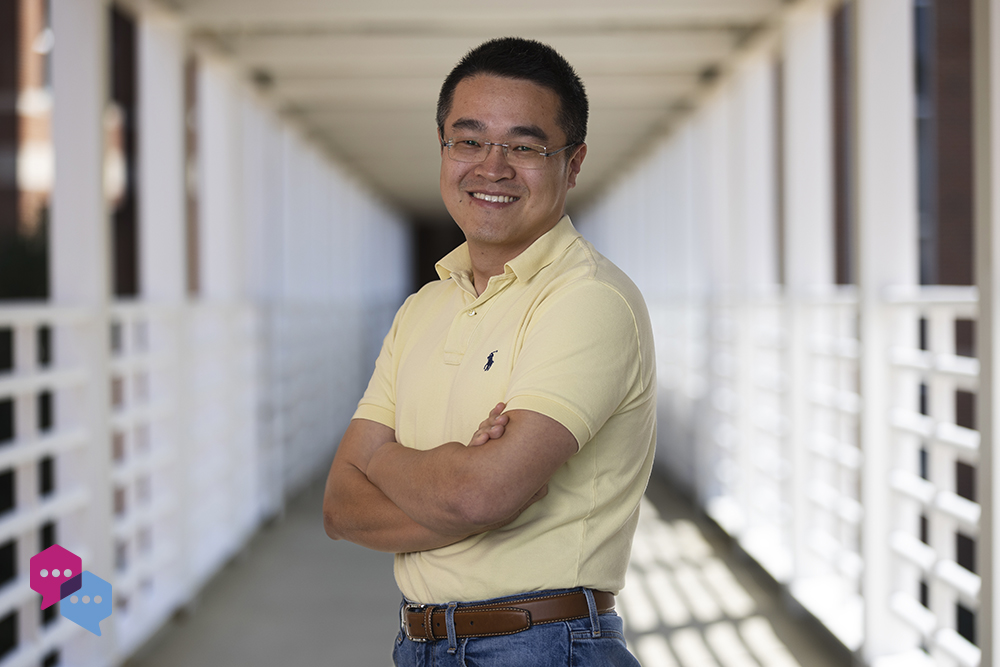Yunzhi Hu is an assistant professor of finance within the UNC Kenan-Flagler Business School. He studies how financial intermediaries like banks solve problems and the issues that arise in that process.
Q: How did you discover your specific field of study?
A: My specific field is banking and corporate finance, but this was not my research interest when I entered graduate school. Before then, I barely knew the differences between assets, securities, and stocks. During my first year, I took a mathematically challenging course on the technical methods used in finance and macroeconomics. I put in a lot of effort and somehow managed to follow it, which gave me some sense of achievement — and I wanted to learn more.
One morning in my third year, I wandered cluelessly around the floor where most faculty offices were and ran into Professor Doug Diamond. He kindly invited me to his office and asked whether I would be interested in working as his research assistant. I did, and that later turned into several coauthored papers with him and Raghuram Rajan. I also developed my own research agenda, which is closely related. I was unaware of how lucky I was until recently when I learned that Doug has only hired four research assistants throughout his career since 1979 and has only coauthored with one student.
Q: Academics are problem-solvers. Describe a research challenge you’ve faced and how you overcame it.
A: In 2019, I was working with my coauthor Felipe Varas on a research project related to banks conducting zombie lending, when banks lend to firms that are in trouble and likely cannot repay the loans. There was one equation that we couldn’t solve, even after staring at it for a few days. One evening, a friend of mine from college who had a PhD in math called to catch up, and I thought it might be a good idea to ask him for help. He did not specialize in ordinary differential equations but knew the experts. He sent the problem to several friends — and within a few minutes, one of them pointed out that the problem was a classical continuous-time Riccati equation whose solution had been well-documented. Always reach out for help when you get stuck with problems, especially to experts outside your research field.
Q: Describe your research in five words.
A: Banks create and solve problems.
Q: Who or what inspires you? Why?
A: Doug Diamond has been my adviser, long-term coauthor, and role model for a decade. He has more influence on me than anyone who is not directly related. Nowadays, he is mostly known as the father of modern banking theory and, as a result, received the 2022 Nobel Prize in Economics. To me, this award was never a surprise.
Besides making fundamental contributions to finance and economics, Doug is also a very positive person. He is always very encouraging and offers help to others, especially students and young scholars. He always comes to the office, never misses seminars, and reads/comments on works by other colleagues. And he’s a live encyclopedia. If one needs to buy a car, buy a house, or choose a vacation destination, please ask him for advice.
Q: If you could pursue any other career, what would it be and why?
A: An entrepreneur. I have always been very ambitious and hardworking — and even participated in some business competitions in college. In my view, these characteristics are key to success in business.


